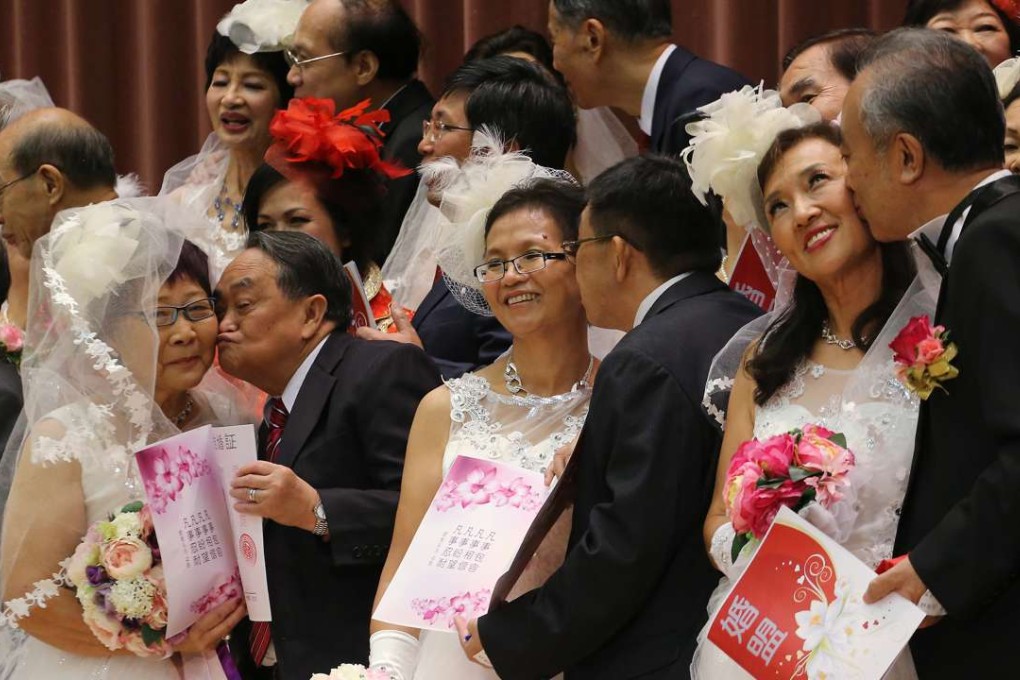How old is too old when it comes to staying in the workforce?
John Chan says how we define ‘senior citizen’ often depends on location and the money involved. Longer, healthier lifespans are not the only criteria for raising the retirement age

In China, citizens aged 60 or over enjoy the privilege of concessionary fares in many places, but they do not use the term “senior citizen”. People aged over 60 are called lao ren (old people).
My wife and I were in Hangzhou (杭州) with five of my secondary school colleagues and their wives in late October. Eleven of the group of 12 had just joined the ranks of lao ren.
Retire at 60? Don’t force it ... why we need Hong Kong’s ageing population to keep working
As part of the visit, we went on a boat ride on West Lake. At the ticket counter, I presented 11 home return permits for Hong Kong and Macau residents and said: “Eleven tickets for those aged 60 and over, and one adult ticket.” The woman at the counter, unlike staff in other scenic spots, did not bother to check the birth dates on our identity documents and just said, “One ordinary ticket, 11 old people half price”.
It is often said that, in modern times, 60 is too early to retire
I tried to correct her by saying, “Not old people, but aged 60 and over”, to which she replied with indifference: “If you’re not old people, no discount”.
I then protested that we were not lao ren but just over 60. But the woman insisted: “So, no old people, no half price”. I was left with no choice but to admit that we really were “old people”, in order to enjoy the concessionary fare.
The next day, we visited the scenic old town of Wuzhen, some 60km from Hangzhou, where the World Internet Conference is held yearly. There, I asked for 11 entrance tickets for visitors aged 60 and over, and one adult ticket. But the employee there just said, “Just the same, 12 adult tickets.”
I then readily admitted that 11 of us were “old people” and should enjoy concessionary fares. To my surprise, the person replied, “Those aged 60 are not old people; you have to be 70.”
